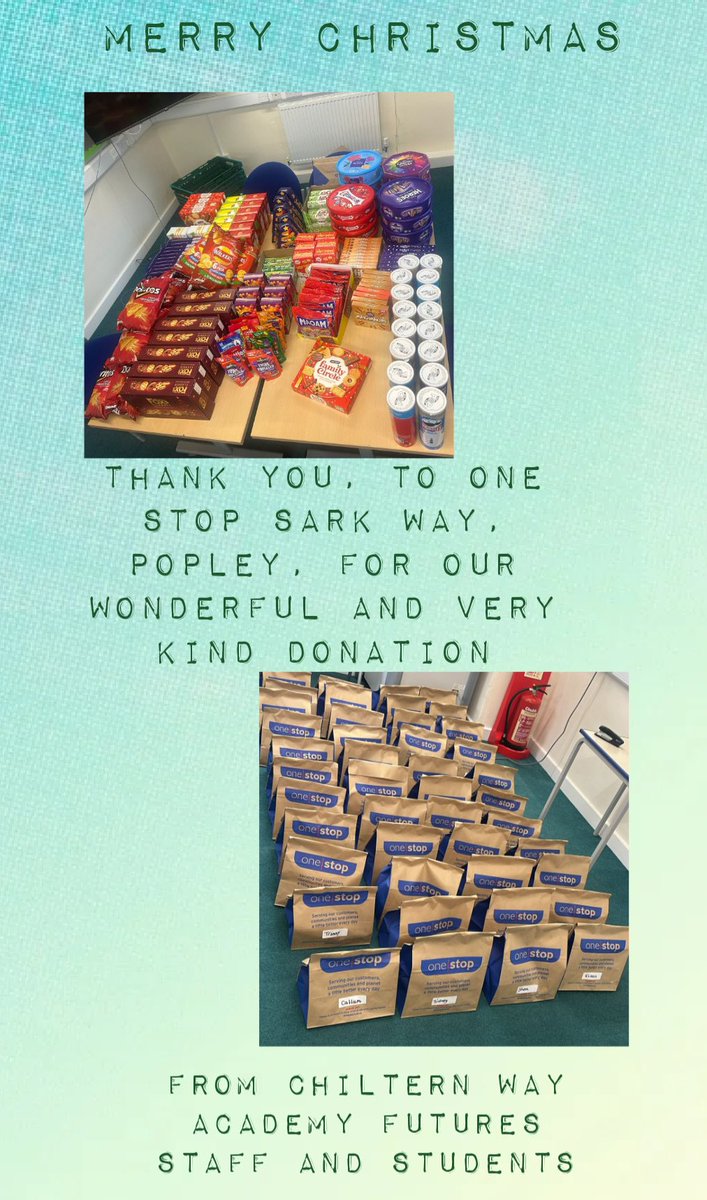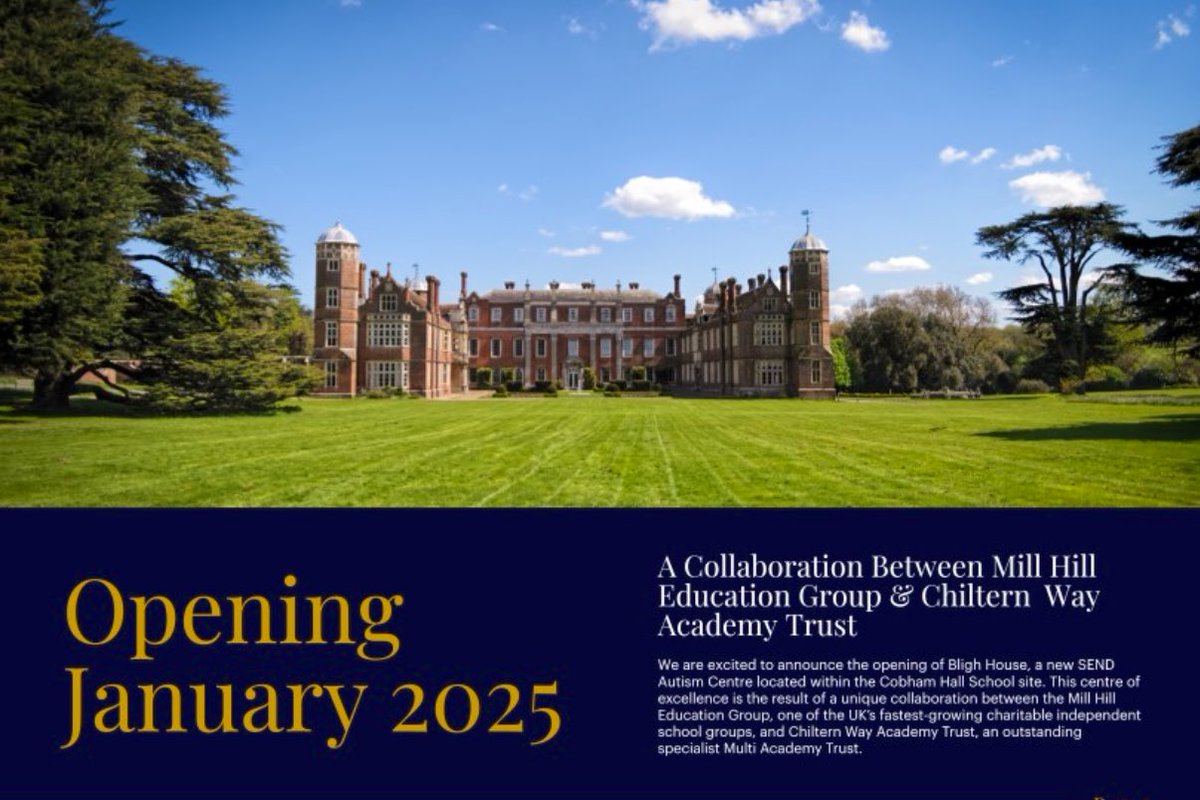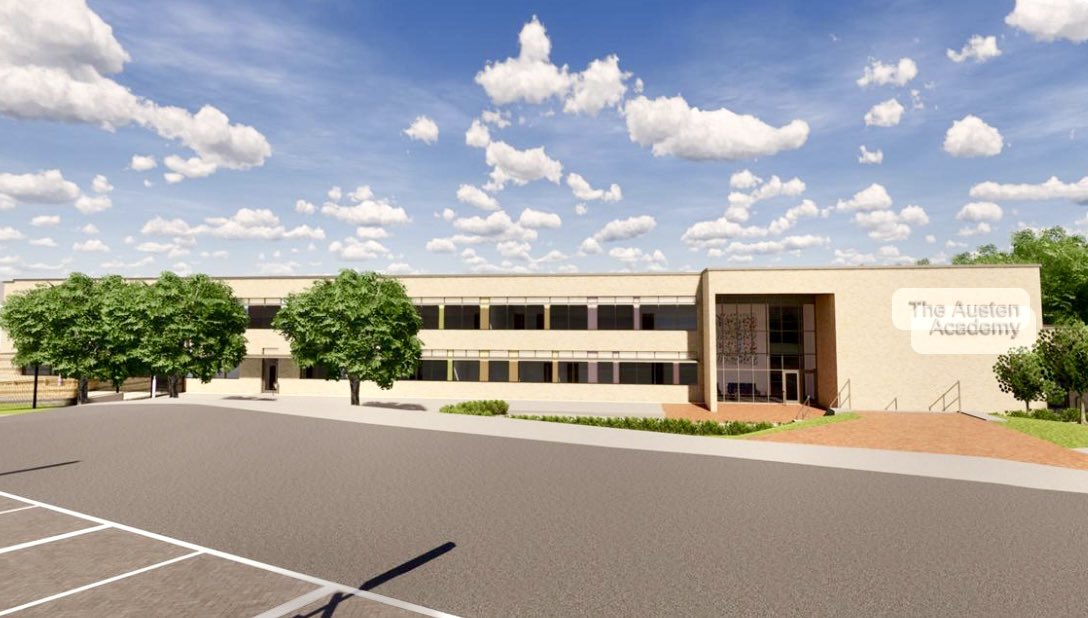CWA Austen inspected by @Ofstednews 10 months after joining the Trust. Incredible outcome. ALL ABOUT THE TEAM @educationgovuk @hantsconnect @BasingstokeGov #exemplary
- Home
- Parent Information
- Curriculum Overview
Curriculum Overview
Curriculum Offer
At Chiltern Way Academy Trust, the curriculum is uniquely designed to equip our students with the skills, qualifications, and confidence they need for personal development and to secure sustainable employment. Our mission is clear: To provide our students with the knowledge, resilience and skills to enable them to achieve purposeful and lasting employment -'Get them a Job.'
We prioritise qualifications that open doors to opportunities, including IGCSEs in English, Maths, and Science, alongside a diverse range of subjects such as Art and Design, PE, Duke of Edinburgh Gold Awards, and vocational options. Every aspect of our curriculum is tailored to support our students in gaining the knowledge and competencies required to secure meaningful employment, while fostering their personal development and aligning their learning journey with real-world outcomes.
While we respect national accountability frameworks, we are proud to take a more individualised and purposeful approach that prioritises our students’ long-term success over numerical measures. We believe that focusing solely on systems like Progress 8 can limit potential and fail to reflect the aspirations of our students. Instead, we champion a curriculum and ethos that have consistently delivered outstanding outcomes, both in terms of NEET figures and life-changing results for our young people. Our track record speaks for itself, and we remain resolute in our commitment to empowering every student to thrive in the world of work and beyond.
The curriculum at Chiltern Way Academy centres around the six areas of our mission statement:
Good physical health starts with the promotion of a good diet and regular exercise.
In hospitality lessons, all students are shown how to prepare healthy meals. They are taught the skills to do this safely and hygienically. Simple home cooking techniques enable students to cook nutritious meals in the future. Our work skills lessons cover budgeting for the ingredients. The NHS’s 'Eat Well Guide' is at the forefront of our teaching in these lessons. In later years, more difficult and exciting techniques are taught to broaden their experience.
Fitness is a key focus in PE lessons and all students experience a range of sports and games. Students are encouraged to take up sports outside of the school environment such as taking students to train with Wycombe football club. Encouraging a lifelong participation in sports and fitness is a key aim.
Outdoor education also includes regular physical challenges such as orienteering and cycling.
PHSCE and science cover a range of health-related topics designed to give students as much advice on how to stay physically healthy in the future. This includes topics such as sexual health and drugs.
Every student starts the day with their form tutor in ‘Orientation and Regulation’.
Form tutors build strong relationships with their groups to help encourage students to talk about their emotions. Help and support is then available at all levels within the school where identified. PHSCE and life skills explore emotional health and where to find help in the future if they need it.
Literacy and numeracy programmes in the lower years help pupils to build the skills needed to tackle Key stage 4 subjects, this includes the ‘Accelerated Reader’ programme. All pupils follow GCSE programmes in maths and English. In science students follow either a GCSE or a BTEC programme.
Key stage 4 options such as art, PE and sports leaders allow pupils to pick subjects that interest them. Courses followed lead to recognised qualifications that will help pupils when applying to college or job vacancies in the future
In English and maths we also offer functional skills equivalents to back up GCSE study and offer an alternative level 1 and 2 qualification for future college applications
A rigorous intervention and revision programme is put in place to improve educational outcomes. All year 11 are assigned a ‘mentor’ to help them educationally in their final year and revision skills sessions happen near exam time.
Preparing our pupils for the workplace has been key when designing our new curriculum. Students are encouraged to think about their vocation from a young age.
From the earliest years, we give students experience of “real world” skills such as bricklaying in construction, car maintenance in mechanics and garden maintenance in life skills sessions. In many cases, this ignites an interest in the subject which can lead to a successful career. At Key Stage 4 we teach industry recognised qualifications such as BTEC home cooking, IMI mechanics (Institute for Motor Industry), BTEC hair and beauty and BTEC construction. Many of our past students have gone on to start college placements in these vocational subjects that have led to meaningful employment.
Work skills lessons teach our students how to search and apply for vacancies. Interview techniques are taught and practised in mock job interviews. All aspects of the world of work are explored and the students are taught a range of skills to help them succeed in their future careers.
Work experience is provided for all our year 10 students. This is a valuable offsite experience of the “real world” and is extended at Post 16.
Life skills and PHSCE lessons teach the core principles of how to build and maintain relationships with others in and out of school. In the youngest years, this builds on principles from the Early Years Framework.
Our students are exposed to many educational visits throughout the year groups and have access to extended day activities. For a lot of our students this gives them life experiences and opportunities that they might not otherwise have.
At Key stage 4, many students study the Sports leaders’ level 1 and 2 course. For this, students act as leaders to primary aged students and learn the requisite relationship skills to do this successfully. Similarly, our highly successful Duke of Edinburgh programme helps develop their socials skills as they work together on an expedition.
Our PHSCE and ‘Orientation’ time allows students to explore the ideas of right and wrong. Discussions based on current trends and events allows teachers to guide students morally. Orientation and regulation sessions are embedded in the timetable each morning to facilitate this.
SMSC is embedded across all areas of the curriculum to support the development of safe, healthy, and responsible young people who can enjoy a good standard of mental and emotional wellbeing as well as being prepared to contribute positively to society.
At Chiltern Way Academy we work with students to allow them to make the right decisions in and out of school. Students are encouraged to have empathy, respect and understanding for all others throughout all our subjects at the school.
Our clear purpose is to make an enduring difference to our students’ lives. Guiding and supporting them to find their own pathway to becoming happy, employable, productive, and successful members of society.
















